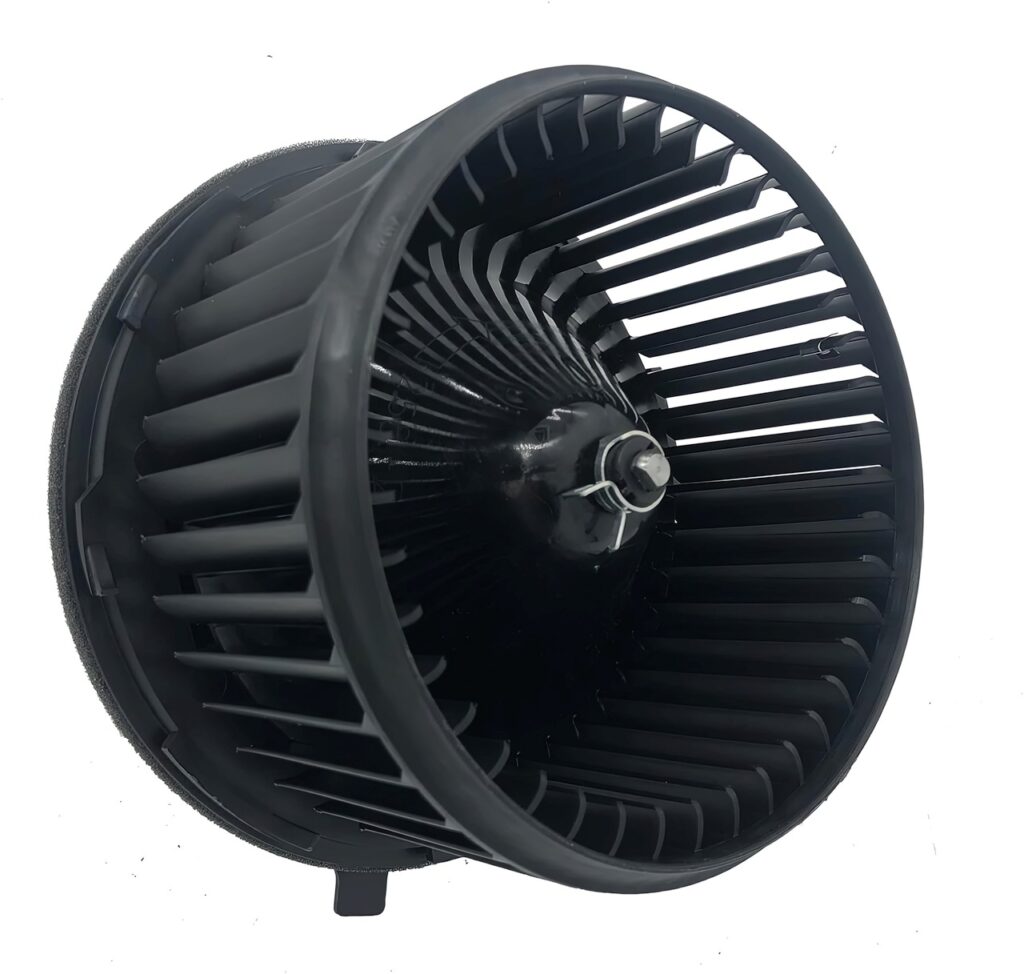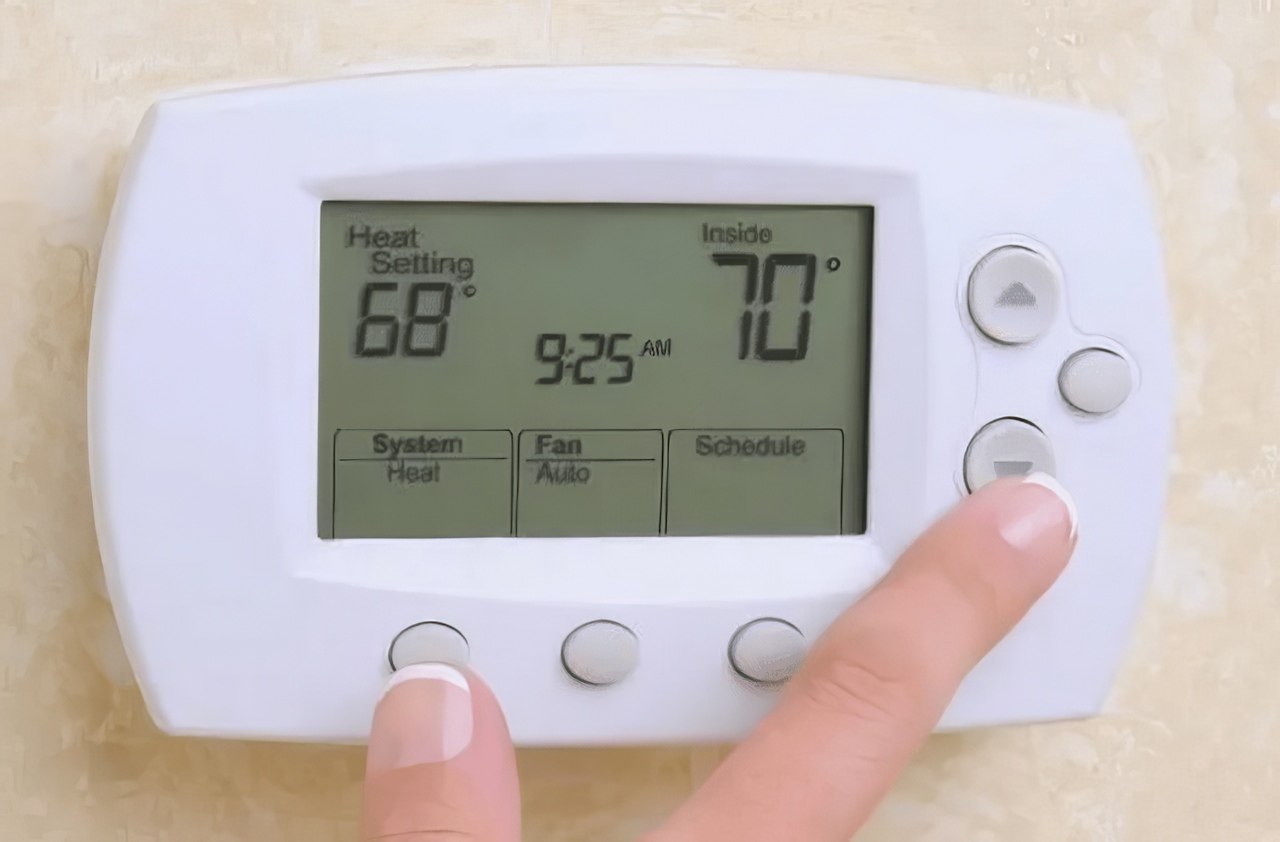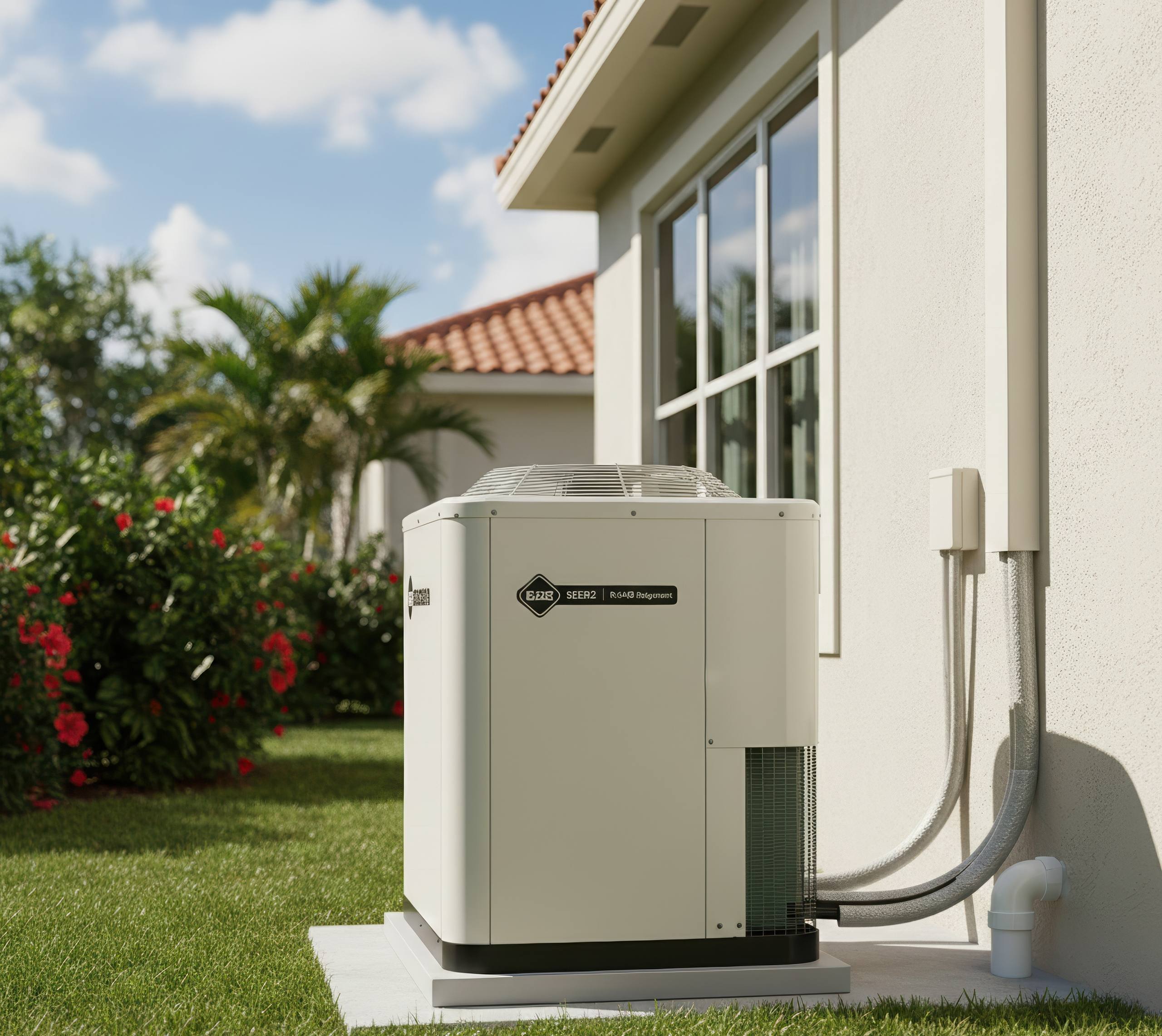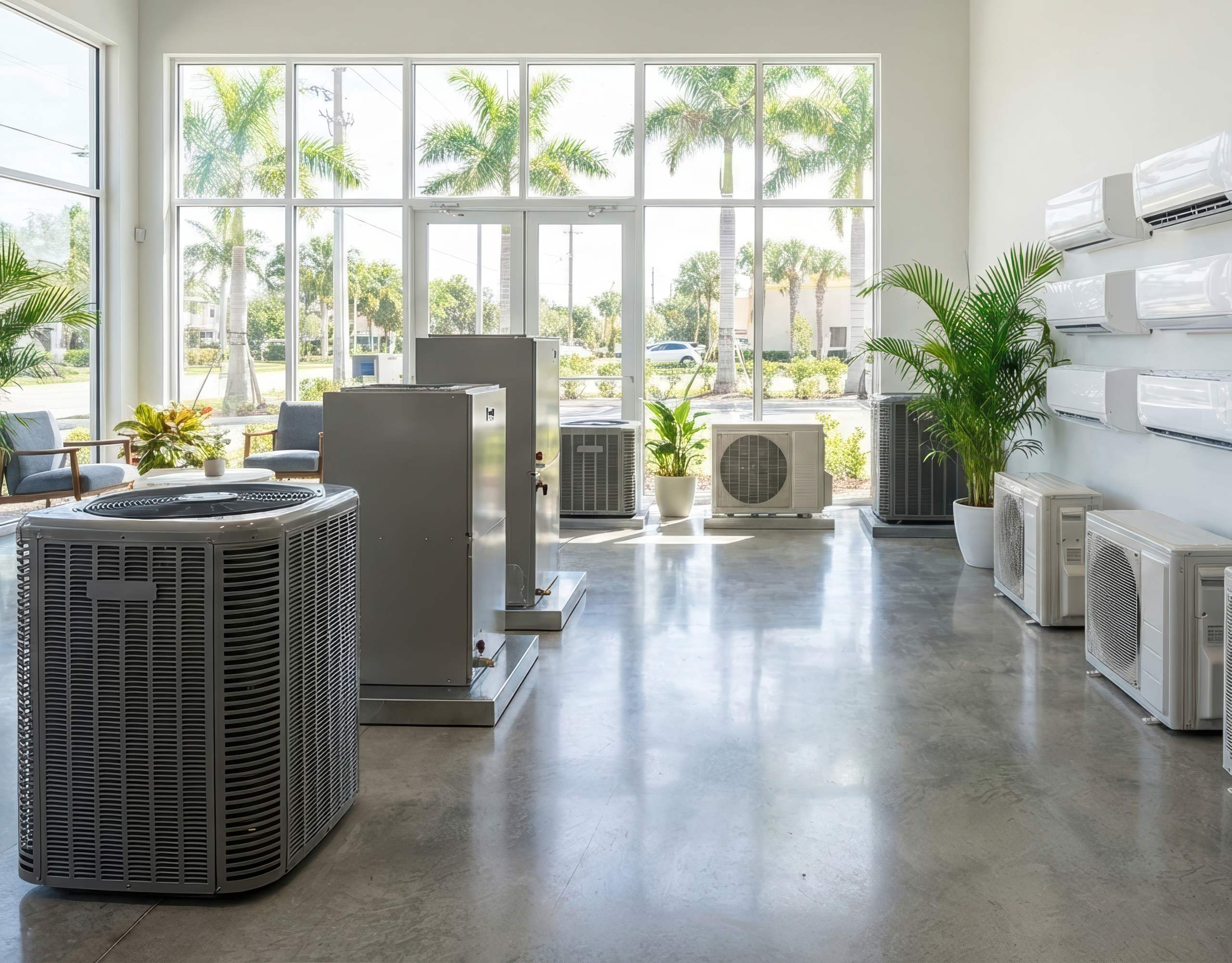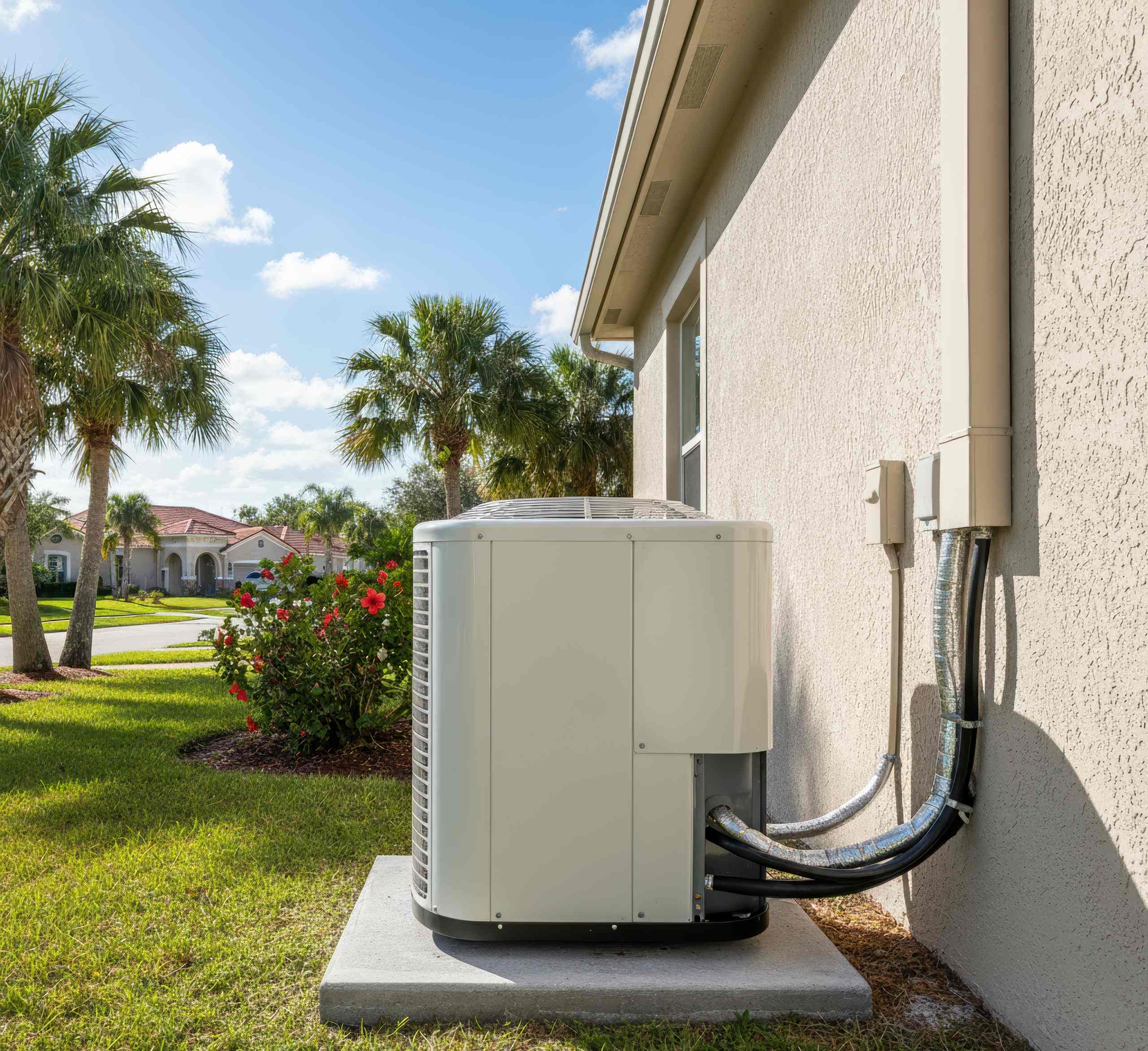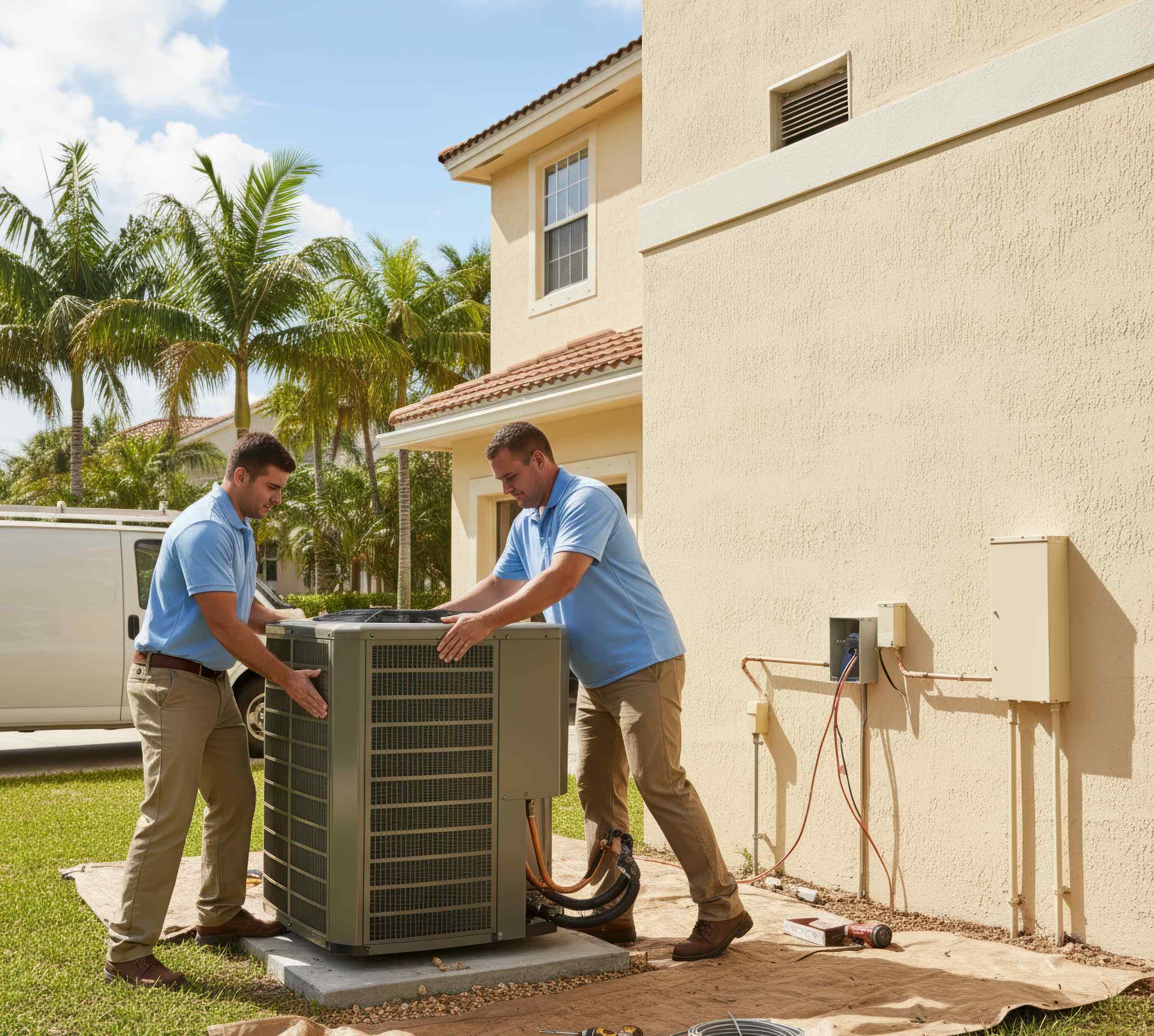An AC system performs not one but two important functions in Florida homes: it cools the air and removes humidity from it. In fact, heat and moisture from the indoor air play an important role in how your AC system gets its cooling power.
But does running an AC fan alone reduce humidity?
That’s an important question for Florida homeowners who may want to save on energy costs without sacrificing home comfort levels. After all, if the AC system is not cooling and only the fan is in use, it’s using less electricity.
Let’s delve a little deeper…
Does running the AC fan alone reduce humidity?

Unfortunately, running the AC fan alone serves little purpose other than to circulate the air that’s already in the room/home. It has little noticeable effect on humidity.
So, turning the AC fan only on in a room that is already hot and humid won’t improve comfort levels much. If the fan turns on after the cooling cycle is complete, it will help to circulate cool air for a while until the room is heated from outside again (and becomes more humid).
Professionally installed, well-maintained AC systems are effective at lowering humidity levels during their cooling cycles.
If only the fan is running, moisture is not removed from the air. The fan can help maintain comfort levels in the home for a while but the temperature (and humidity level) will soon rise again—especially when average outside relative humidity levels in southwest Florida range between 58 and 86.
High humidity is not only uncomfortable. It can lead to damage to personal property and even promote mold and allergens in the home. The EPA recommends maintaining relative humidity levels below 60 percent—ideally between 30 percent and 50 percent—to avoid mold problems.
STAY COOL ALL YEAR ROUND WITH ONE WAY AIR…
The team at One Way Air installs, services, and repairs all types of air conditioning systems in Southwest Florida. Get in touch with us here for a quote or call 239-233-4356 in emergencies.
How does an AC reduce humidity?
An AC system works by first taking in warm, moist air. This air is then blown over the cold evaporator coil, which absorbs the heat from the air and condenses water vapor as it passes over the coil.
As the refrigerant inside the coils absorbs the heat, it changes back into a gas and moves towards the compressor, which converts it back into a cool liquid—and cold air re-circulates into the room to reduce the temperature and humidity.

What happens with the moisture depends greatly on the fan setting on your thermostat, which we look into below.
Ultimately, an air conditioner’s cooling process reduces humidity in the indoor air—but only when the cooling cycle of the AC is working.
What does the AC blower fan do?
There are two AC fans in split systems, which have a condenser unit inside the home and a compressor unit outside: one fan for the condenser and one for the compressor.
The two units work in tandem but thermostat settings that keep the fan on refer to the indoor unit’s fan. This blower fan is located behind the cooling coils and its job is to push air through the ducting and into your home.
How do thermostat settings affect humidity?
Your thermostat is mainly responsible for regulating the temperature in your home—but the settings can affect humidity levels too.
The ON and AUTO settings on thermostats are important because they affect whether or not the inside AC unit’s blower fan is on.
With the AUTO setting, the fan only blows during the cooling cycle of the AC system. In the ON position, the fan blows constantly, even when the AC isn’t cooling.
Why keep the thermostat in the AUTO position?
If the AC is set to ON all the time, it won’t effectively dehumidify your home. Here’s why:
- IN AUTO mode, moisture collects and sits on the refrigerant coils. When the fan shuts off between cooling cycles, the water will drip from the coils and drain away outdoors.
- In ON mode, the moisture on the refrigerant coil is left to evaporate and most of it is sent right back into your home.
So, be careful with your AC thermostat settings. They matter not only for the temperature but also the humidity level in your home.

Generally, it’s unwise for AC system components to work unless they have to. Running the blower fan relentlessly can overwork it and lead to premature AC repairs being required.
However, there are a few instances when setting the AC to ON mode is advantageous. One is if you want cleaner air in the home.
If the fan is set to ON, air passes through the AC filter constantly. If your air filters are high-quality and regularly cleaned, this will improve air quality. So, for instance, you might keep the fan on all the time when cleaning the home to help suck up dust and remove it from your indoor air.
Other ways to reduce humidity in your Florida home
Install a dehumidifier
A dehumidifier will suck moisture out of the air and work with or without your central AC system to hit the right comfort levels for you and your family.
Unlike AC units, dehumidifiers are specifically designed for the job of tackling excess humidity—and are especially effective in high-humidity areas like southwest Florida and in homes that are poorly ventilated.
A dehumidifier can be added to your HVAC system or work as a separate, dedicated unit. Either way, it’s best to call on the advice and skills of an experienced HVAC professional before purchasing a unit.
- Whole-home dehumidifiers: These devices integrate with your home’s HVAC system and are best for spaces with widespread humidity problems.
- Portable dehumidifier: Standalone dehumidifiers are best for “localized” humidity problems in certain areas of a home.
Humidifiers and dehumidifiers may be controlled by humidistats, which automatically turn dehumidifiers on when humidity levels rise above a certain level (usually 30-50 percent).
Improve ventilation in your home
Humidity in your home will increase if ventilation is poor, especially in bathrooms, kitchens, and laundry rooms.
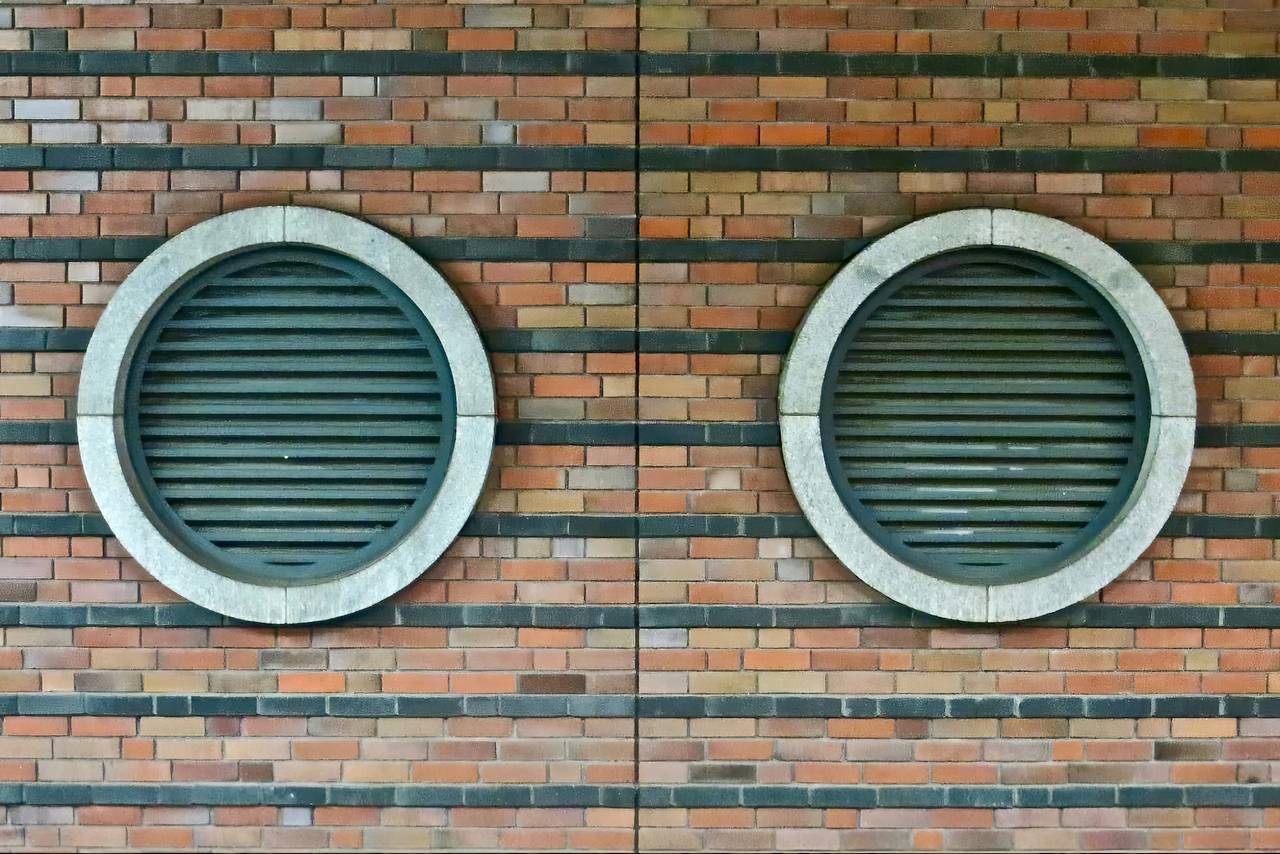
Extractor fans and box fans may help but opening windows in Florida may actually increase the humidity in air-conditioned spaces. Avoid drying clothes indoors or any activities that will increase the moisture content in the air.
Regularly check for drainage/leaks
Regular checks of your roof and brickwork will prevent water from entering your home due to structural issues. This is especially important after heavy rainfall, as is adequate drainage around your property and good home insulation.
Seeping rainwater or a plumbing leak can lead to longer-term water damage as well as high humidity. Arrange repairs promptly.
Schedule an AC tune-up
Unusually high humidity levels in your Florida home may be a sign that you need an AC tune-up. One of the first steps to tackle humidity should, therefore, be to schedule maintenance if you haven’t done so for six months or more.

AC costs for installation and monthly usage are significant in Florida—and protecting your investment should be a priority for homeowners. Your AC professional can help you do that, not only ensuring that your AC is operating as it should but also providing advice on how to optimize your HVAC system for ideal humidity levels and energy usage.
Lower humidity in your Florida home today
If you’re in southwest Florida, struggling with humidity, and not sure what to try next, we’d be happy to inspect your home and outline your options for addressing the issue.
Contact One Way Air to arrange a full inspection.

